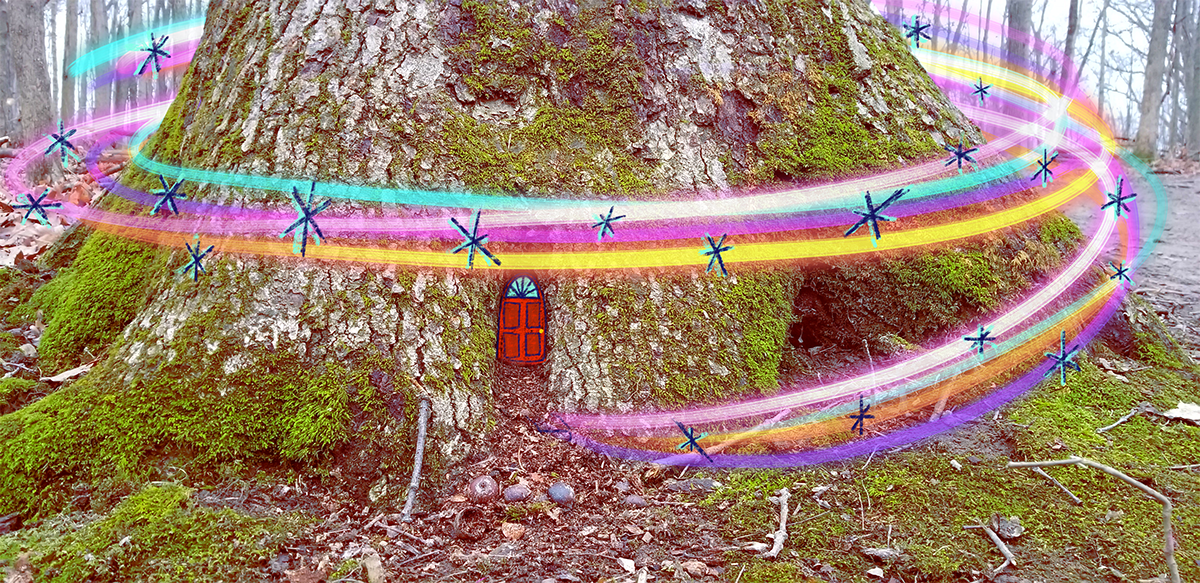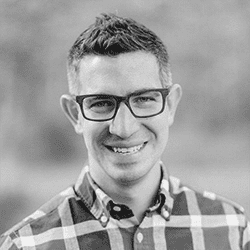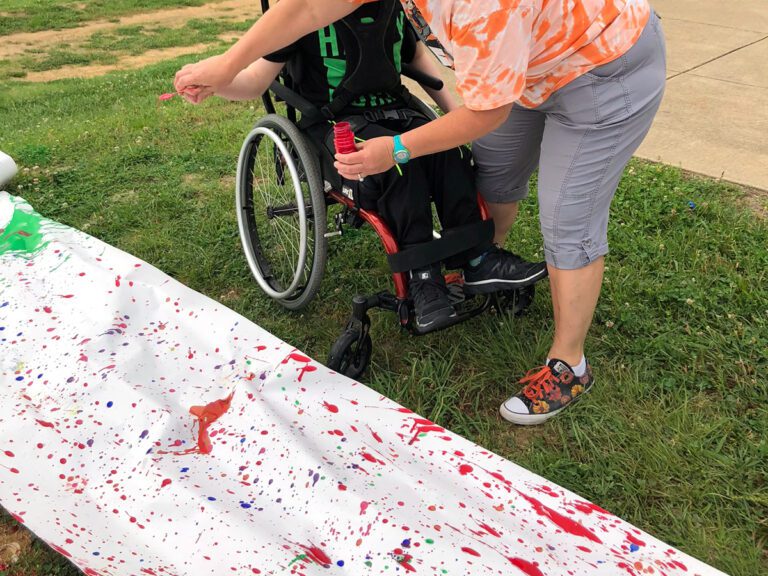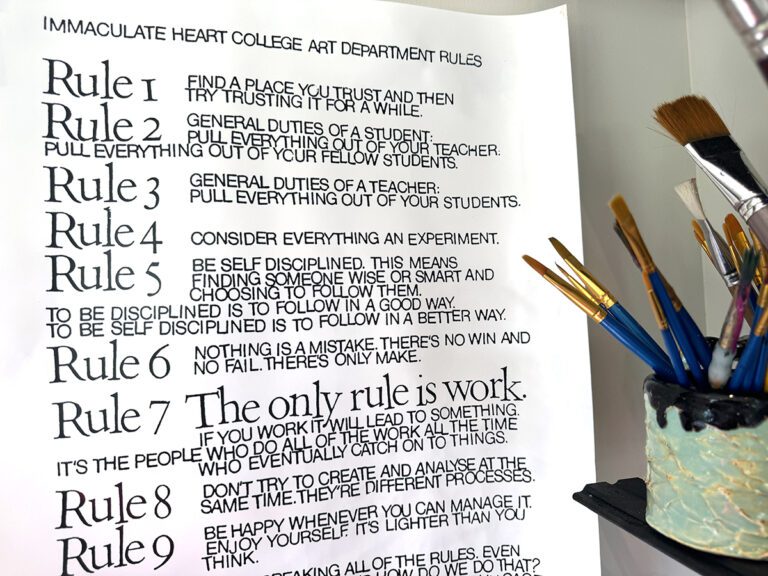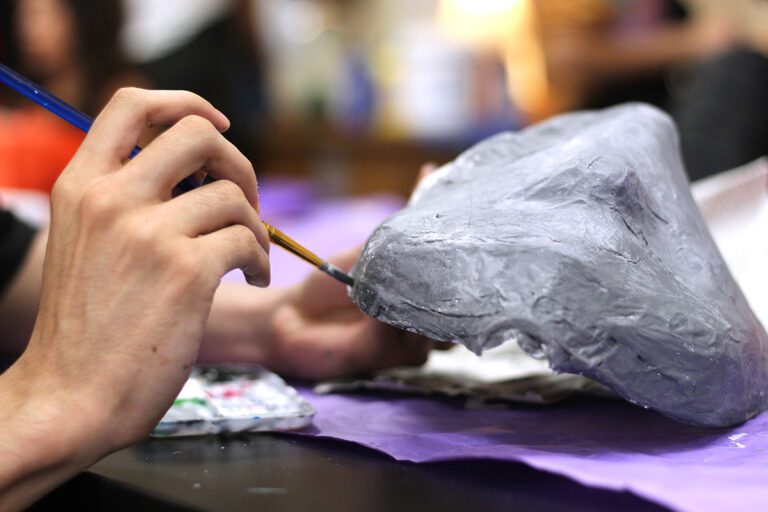Everywhere we turn, someone is touting the importance of self-care. So much so that self-care has become a cliché. What does it mean? How do we find it? How can you ask me to focus on self-care and also clean the pile of dirty brushes in the sink from who knows when?
Let’s be honest with ourselves—the past year has not exactly been the easiest. We had all the same uncertainties as our colleagues in other content areas, combined with our own unique challenges of teaching art online and face-to-face with social distancing. Yet, there have been moments of self-regulation that have made us stronger and more confident.
Is there a difference between self-care and self-regulation?
Self-care is maintaining a healthy relationship with yourself so you can pour into others. This covers physical health, mental health, and emotional health. Sometimes self-care can be a distraction that gives us a break from stress. But, unfortunately, the stress is still there when we return.
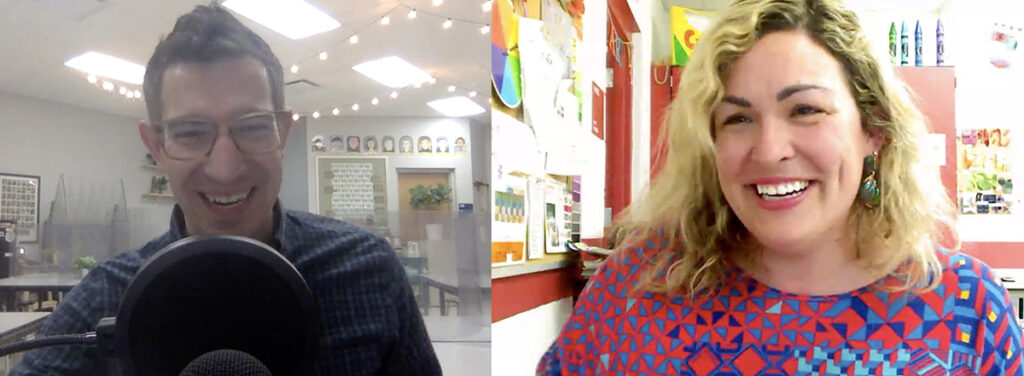
Chelsea Dipman, an elementary art teacher in Marion, Ohio, shares that we often do not have the time to balance our responsibilities with self-care. Instead of waiting for self-care to happen, it is important to plan for moments of personal self-regulation.
Self-regulation is the ability to manage emotions, thoughts, and behaviors effectively despite the situation. Think about a time when you heard your name fourteen times from the same kid in class. You took a deep breath and asked, “What do you need?” That is self-regulation. Or perhaps you scheduled a video call with an art teacher friend to process the day. This is also self-regulation. Unlike self-care, these are strategies that help us identify, confront, and work with our experiences instead of avoiding them.
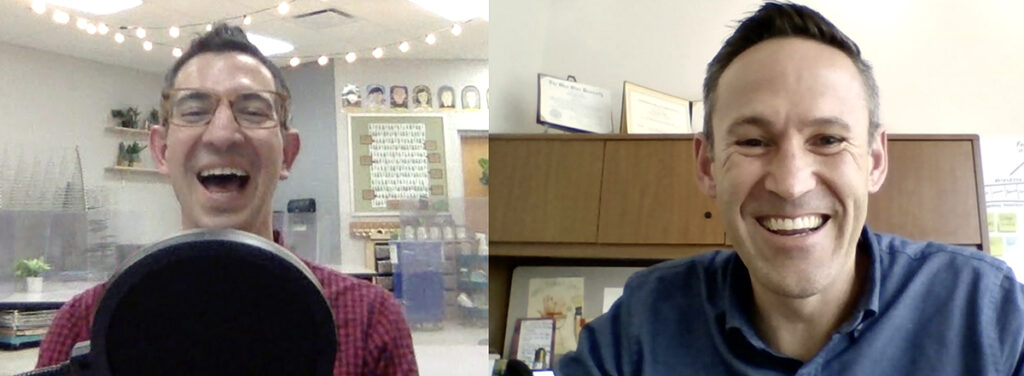
According to Vince DeTillio, the Director of Professional Learning in Delaware County, Ohio, self-regulation involves becoming our own coach. We must talk ourselves through challenging situations and find strategies that help us navigate our experiences. This skill takes time to process within our personal lives before we can jump into helping students regulate themselves.
Now that we have a baseline definition of self-care and self-regulation and an understanding that this skill takes time and practice to cultivate, where do we start? Let’s start now! This summer is the perfect opportunity to be intentional about the upcoming school year and make some plans.
Let’s take a look at 7 ways you can strategically plan for self-regulation this summer.
1. Being busy is a bandage.
Some of us wear our busy lives like a badge of honor. However, when we fill our time with activities, we don’t have time to sit and wrestle with our experiences. Spend time with your thoughts, even if it’s the five minutes you sit in the driveway before going into the house. Make time to reflect on your day.
2. Practice gratitude.
Gratitude journals? Really? Chelsea Dipman says, “Don’t knock it until you’ve tried it.” Take time to consider all of the beauty in your life. This is not toxic positivity, but true gratitude. Make lists of the things, people, and places you are grateful for and sit in awe of the goodness around you.
3. Be one with nature.
Schedule time for a walk outside, sit in the backyard listening to the birds, run on a river path, or go for a hike. Notice small magical moments of nature. It can clear your anxious mind, even if just for a moment, and prepare you for what lies ahead. Chelsea Dipman took up hiking and started an Instagram page for her artwork that combines haiku, hiking, and artmaking.

4. Spend time with others.
The past year taught many of us that we really want to spend time with the people we love. So, do it. If you can’t do so in person, schedule a video call with friends, family, or groups of art teachers who lift you up. Don’t wait for someone else to send the invite! Who are you thinking about right now? Send them a text and make a plan.
5. Make some art.
For some of us, making art is an experience we escape into, and for others, it can feel overwhelming and daunting. Whichever applies to you, consider how artmaking can lead to a practice of self-regulation. In the spring of 2020, I painted portraits of the teachers who worked in my building. Consider the drawing practice of author-illustrator Jarrett Lerner. He makes pages of drawings that start with the same letter in the alphabet. The letter “C“ page is full of cows, cacti, and cupcakes.
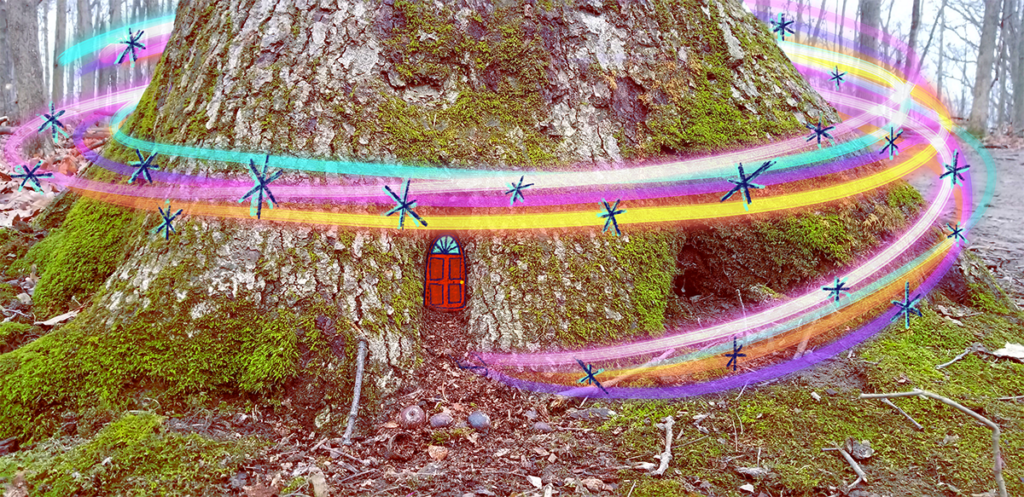
6. Make lists and move on.
A new school year is always right around the corner and our brains do not know how to stop thinking and planning! As a result, we often are not present in the moment. One strategy is to make one list of school-related questions and ideas. When an idea begins to take over your mind, write it on the list. This practice can help you consider thoughts later while allowing you to move on and focus on what is in front of you.
7. Turn an “oops” into art.
That’s right—you may have said it before to your students. Mistakes happen. It is a part of life. Recognize that it happened, take a minute, and consider new possibilities. This doesn’t go only for artmaking but also relationships, the day’s plans, and dinner.
These are a few ideas to consider putting into practice as you start planning your summer. There are countless books and experts who will share various thoughts on self-regulation, but start with what makes you most comfortable. Whatever approach you take, be sure to remain true to yourself and your colorful life.
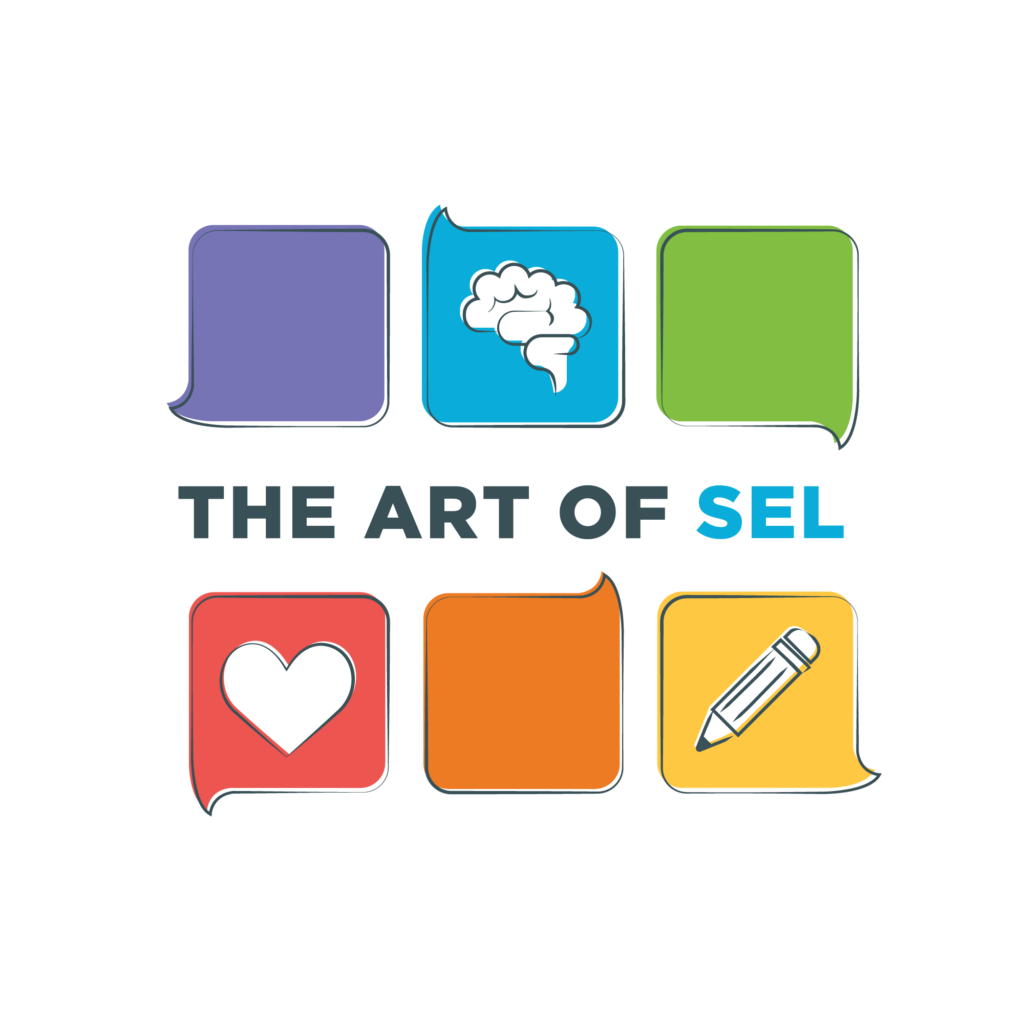
For a more in-depth look at self-regulation in the art room, listen to the limited series podcast, The Art of SEL from The Art of Education University.
What is one strategy you want to commit to for your own self-regulation?
What strategy do you already have in place to help you regulate your thoughts and responses to life’s situations?
How do you see this impacting your teaching practice and relationships with your students this fall?
Magazine articles and podcasts are opinions of professional education contributors and do not necessarily represent the position of the Art of Education University (AOEU) or its academic offerings. Contributors use terms in the way they are most often talked about in the scope of their educational experiences.
